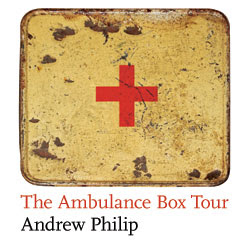I've only ever got hooked on two--ahem--reality TV shows: Musicality and Masterchef. Both, of course, are basically talent shows with a reality TV element injected into them. (Perhaps we could call them soft reality TV rather than the hard reality [sic] TV of, say, Big Brother. Who I'm not watching. Ever. Sorry.) Both also lack the glitz, pizzazz and superhype of other talent shows such as The Zzzzz Factor, Any Idea Will Do or How Do You Solve a Problem Like the Ratings?. Instead of hype, the focus in the two Ms is/was on unadorned talent, hard work and, in the case of Masterchef certainly, sheer creativity.
Another crucial element both programmes--certainly in the latter stages of the competitions--is the narrative arc of the contestants' development. The lack of glamour and the narrative focus together give the impression of following a real personal emotional and experiential journey, as opposed to observing the manufacture of another identical pop unit for market consumption. That even goes for Musicality, where the ultimate prize was to perform in a West End show. That narrative arc is what hooked me. That and, in the case of Masterchef, the madcap, prodigious brilliance and innovation of Emily's dishes.
Another thing: in one sense, Masterchef shouldn't work. The crux and climax of a programme is the contestants' cooking, which only the judges are able to assess. The viewer can assess presentation, of course, but not flavour, seasoning, consistency or texture. That's the opposite of Musicality or the phone-in voting contests, where everyone has seen and heard the contestants' performances and everyone has an opinion on them.
But perhaps that's the genius of Masterchef as reality TV: it forces the viewer to imaginge what the dishes must taste like. In the other shows, the viewer's imagination is uncalled-for. In fact, it's cancelled out, particularly by the higher-budget, glitz and glamour end of the genre. Masterchef therefore has soul in a way that not even Musicality, for all its emotional journey, could manage. Perhaps that's why I finished watching the grand final last night and felt that drive to write returning with fresh vigour.

.jpg)





